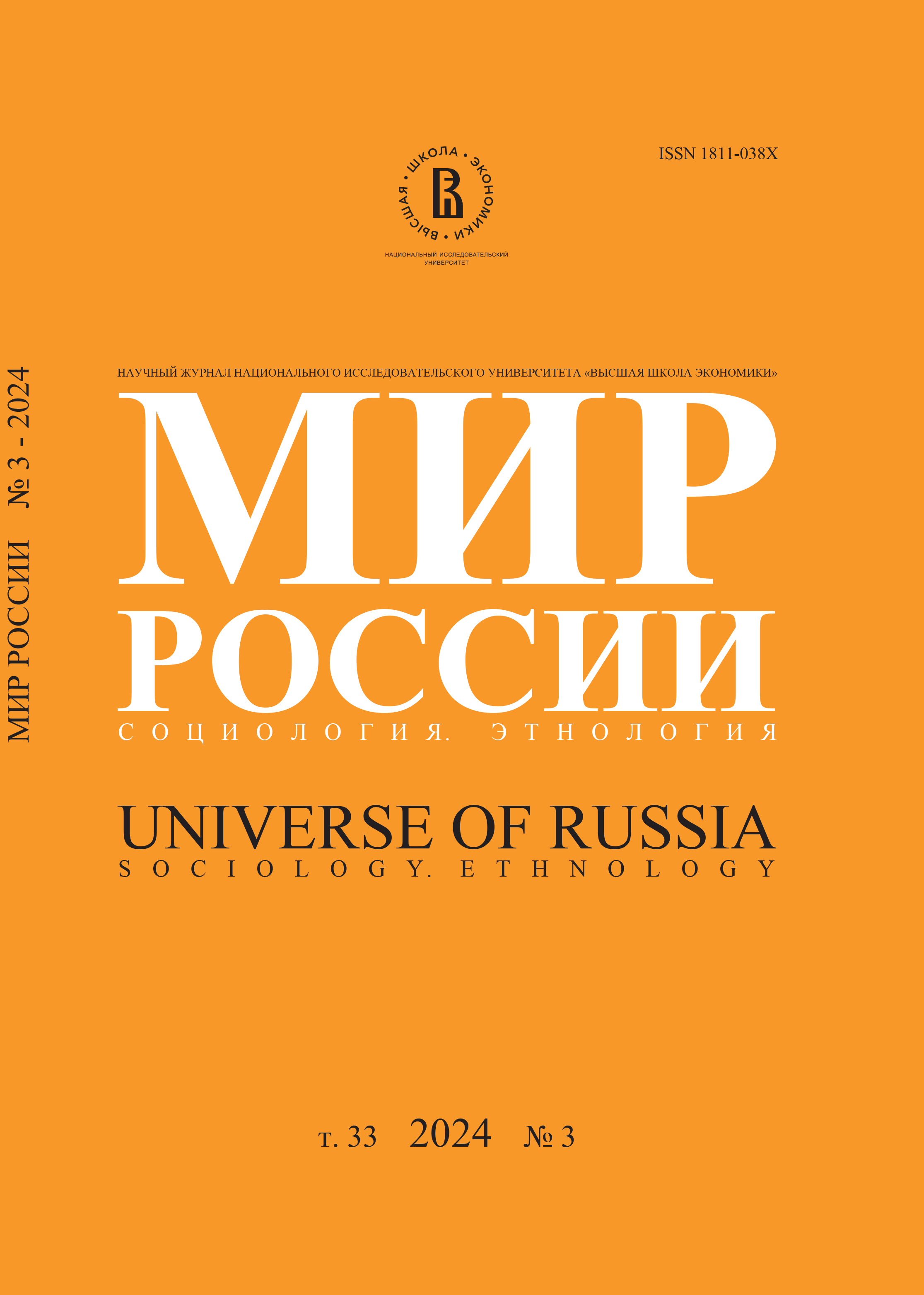The Contradictory Role of the State and the Agency of the Elderly in Extending the Employment of Older Generations: Reconstructing Expert Perceptions
Abstract
This article reconstructs and analyzes expert ideas about the employment of older people in the context of delayed aging and social inclusion. Based on interviews (N=30) with experts working with older people in government agencies, employment centers to NGOs, social services, and geriatric centers, we reconstructed and analyzed expert ideas about the employment of those aged 60+. Employment at an older age, with the exception of hard physical labor is clearly regarded by experts as a positive phenomenon. Experts consider older people themselves, employers, and the state to be the main agents in shaping the trajectory of extended employment. The most active agents are older people, who need to be active, have the desire and opportunity to work, express their needs, and continuously improve their skills. Potential trajectories of extended employment after the age of 60 are varied and, in addition to the obvious continuation of work in the usual place, may include retraining or a “second career”, including the transition to online employment; the development of existing experience to an expert level; downshifting and unpaid employment flowing into social activity. The opportunity to become self-employed makes planning a career path more convenient and flexible. According to experts, employers could more actively develop the institution of mentoring involving older people and making working conditions more inclusive by introducing flexible schedules for older workers. The most contradictory role went to the state. While little depends directly on it and older people need to be more proactive, it is the state that is the agent that sets and structures employment policies and age limits, and it is impossible to downgrade its role and significance. Experts said projects and targeted measures are the main vectors of the state employment policy such as demography, support for some NGO initiatives, their effectiveness is questionable and requires separate study. There are also more systemic ones, such as the law on self-employment and pension reform. Experts evaluate the increase in the retirement age negatively, considering it not primarily as an opportunity to prolong employment, but as a deprivation of a material resource. Along with this, state institutions working with older people, including those directly or indirectly affecting the extension of employment, are assessed as not particularly effective and poorly oriented towards the needs of the labor market and older people themselves. The exception is the law on self-employment, which allows older people to flexibly plan their trajectory. According to experts, the state should be much more active in promoting more flexible employment policies for older people, creating infrastructure for retraining, providing an appropriate legislative basis for employers and senior workers, and multiplying the best practices of NGOs. This requires close interaction with employers, older people, and NGOs in order to take into account the interests of all participants, but this interaction does not exist, just as there is no comprehensive policy for extending employment as such. Today, the main contribution of the state to prolonging employment can be considered the negatively perceived increase in the retirement age (having promised for many years not to do this), as a result of which the “half-retired/half-worker” is forced to virtually build their professional trajectory alone.






